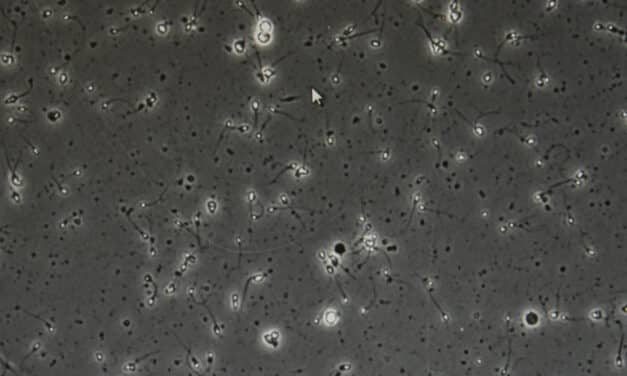Delaying motherhood: 6 useful tips if you decide to wait
Do you want to become a mother one day, or are you not considering it yet? In recent years, women have tended to delay motherhood, leading to growing interest in egg freezing. You have probably heard of this option. The challenge is that it is still not widely discussed: many women are unsure of the options available to them or when the right time is to seek information. As a result, the years go by without a clear understanding of their chances of becoming mothers. However, assessing your fertility is straightforward and can make a real difference in the...
Read More














